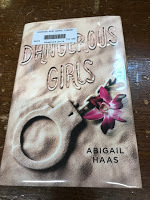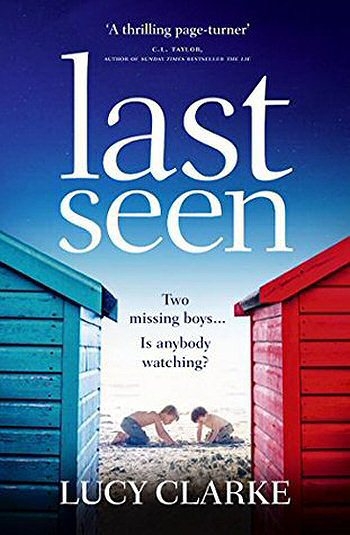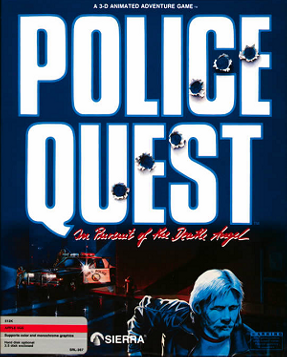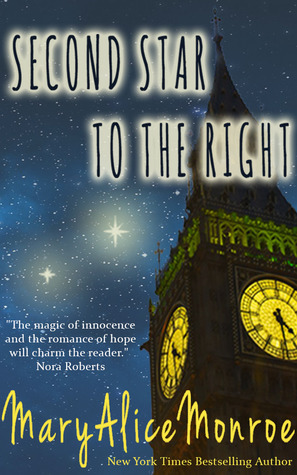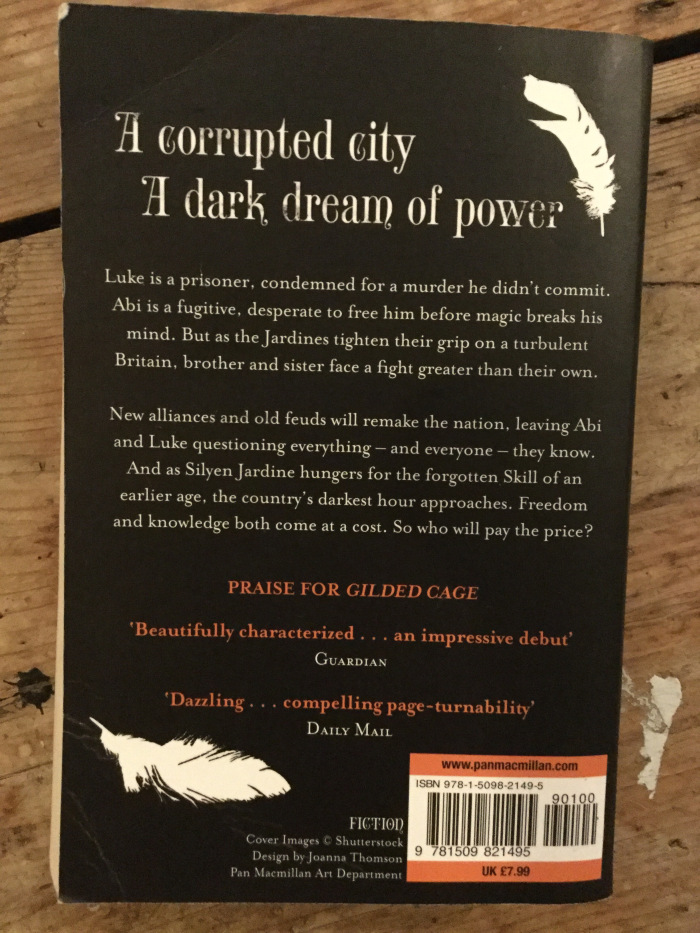In this second installment of the Postapocalyptic/Dystopia summer series, we’ll take a look at the Russian cult classic Metro 2033. Author Dmitry Glukhovsky started writing Metro 2033 when he was eighteen, and it was first published on the internet in 2002. It wasn’t until 2010 that the book was published in other languages, to coincide with the release of an FPS (first-person shooter) game based on it. I wager that many people arrive at Metro 2033 after discovering its video game, but my story is different: I had no knowledge of either the novel or game until I came across a paperback copy at P.— Library. And I’m glad I did – Metro 2033 is an atmospheric and engaging variation on a familiar theme, and I thoroughly enjoyed it.
Glukhovsky sets his story in Moscow in 2033. It has been two decades since someone pushed the button, effectively eradicating civilization as we know it from the face of the earth. To escape the radiation, most of the surviving population was forced to flee underground, settling in the elaborate Moscow metro system. There a new order emerged; each metro station became an independent state, complete with border control. Collectively, the metro remains in a state of constant instability – stations form alliances with one another and break them through wars. People organized factions, and the two dominant ones – the communist Red Line and fascist Fourth Reich – are locked in permanent war over resources.
Not all stations are inhabited. Some have been abandoned due to flooding and fires; some cut off from other stations by tunnel collapse; some lost to Dark Ones – mythical, paranormal creatures from the surface world. Most underground folk have never seen natural light – even the Stalkers who venture to the surface in search of supplies only do so at night. Some stations breed livestock for sustenance, but most people eat mushrooms, because they don’t require natural light to flourish. Stations are on constant alert, and for good reason: they face daily attacks from either the two main factions, common bandits or mutated creatures from the depths.
Metro 2033 follows Artyom, a young man who was born before the nuclear war, but who has spent his entire life underground at the VDNKh station. He works as a security guard. One day Artyom is approached by a strange man named Hunter, who makes the lad promise that if he [Hunter] doesn’t return from his fight against the Dark Ones, he’ll travel to the distant station Polis and seek its assistance in his name.
Guess what happens. Plot catalyst! Quest!
As you can probably tell from my overlong description of life in the Metro, one of the book’s strong points is its lore. Metro 2033 ranks among the most atmospheric books I’ve read in recent memory. Glukhovsky vividly renders the decaying, ruined work of tunnels, and at moments I could *see* myself staggering forward in perpetual darkness, guided only by faint signal fires at the station ahead. Also well-illustrated is how years of isolation has led to social degradation in the settlements (even if it seems to have happened unrealistically fast). People forgot the past and gave in to primitive beliefs and superstition. They formed oppressive regimes to preserve unity. Glukhovsky’s ideas are many, and here one will find musings on everything from history and politics to philosophy and religion. On his journey to Polis, Artyom encounters many other metro dwellers, each introducing him to a different philosophy, each having influence on Artyom and shaping his character.
Several obstacles stand in the way of a smooth trek through Metro 2033’s narrative tunnels: A lot of dialogue is not relevant to the story; the plot skips about and takes off on random tangents; characters behave inexplicably. Political and philosophical meandering is sometimes interesting, sometimes not. And the prose sounds stilted and unnatural; I’m not sure whether I should credit translation issues or the original writing style.
However, Metro 2033 is an adventure worth taking. It’s a sprawling, rich novel which covers a lot of ground, even if it might leave the reader wishing it had done so on a much clearer path. Like the underground world it describes, this book branches out in many directions – and the only way to see all it has to offer is to take every line. So pack your rations, remember to grab your flashlight, and step out into the unknown.
★ ★ ★ ★
Metro 2033 by Dmitry Glukhovsky. Translated from the Russian by Natasha Randall. Pub. 2009 by Gollancz. Hardcover, 460 pages. ISBN13: 9780575086234
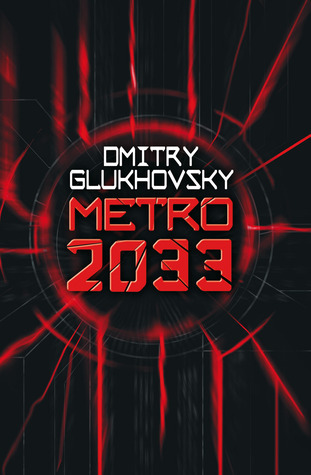
I heard Metro 2034 is terrible though
